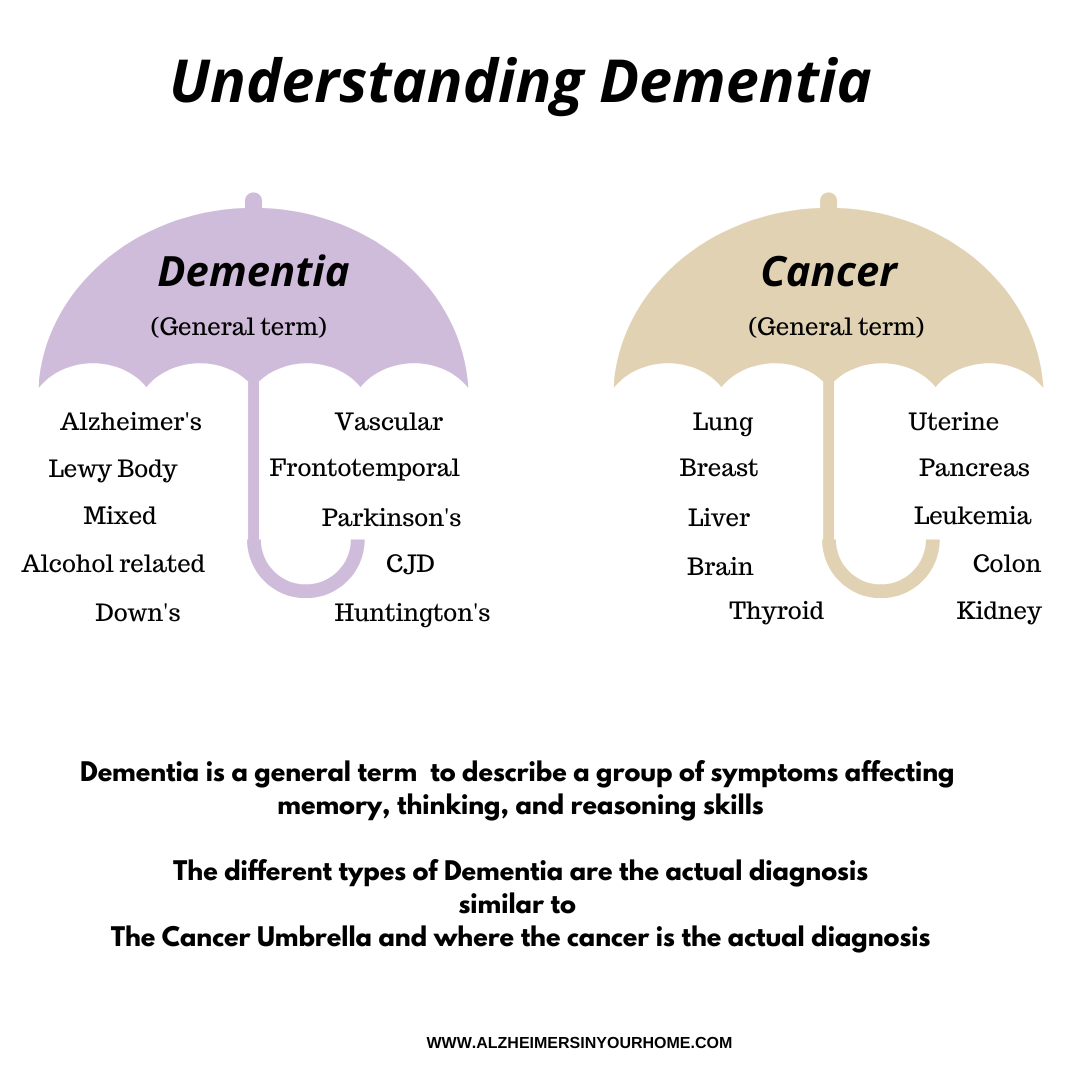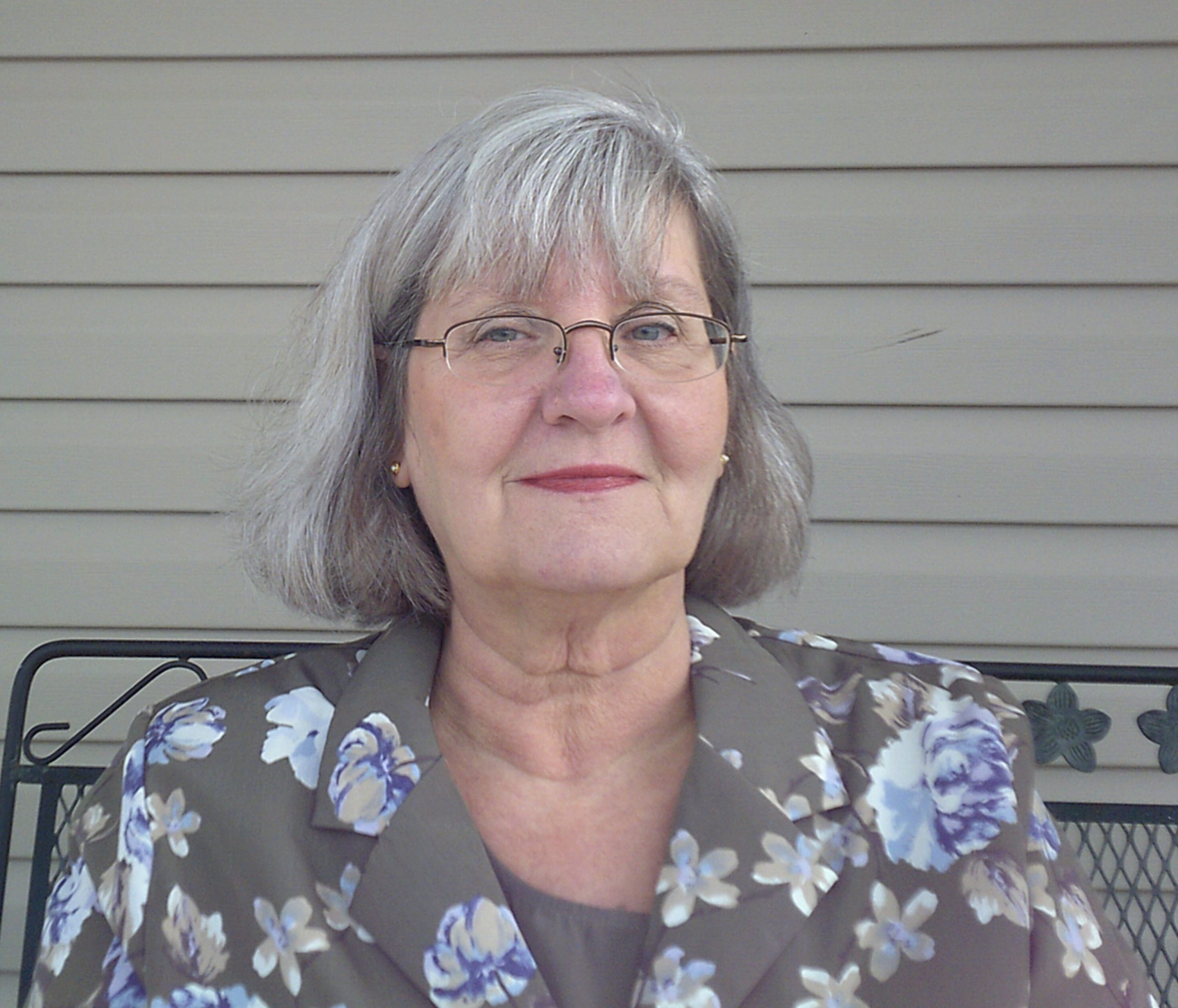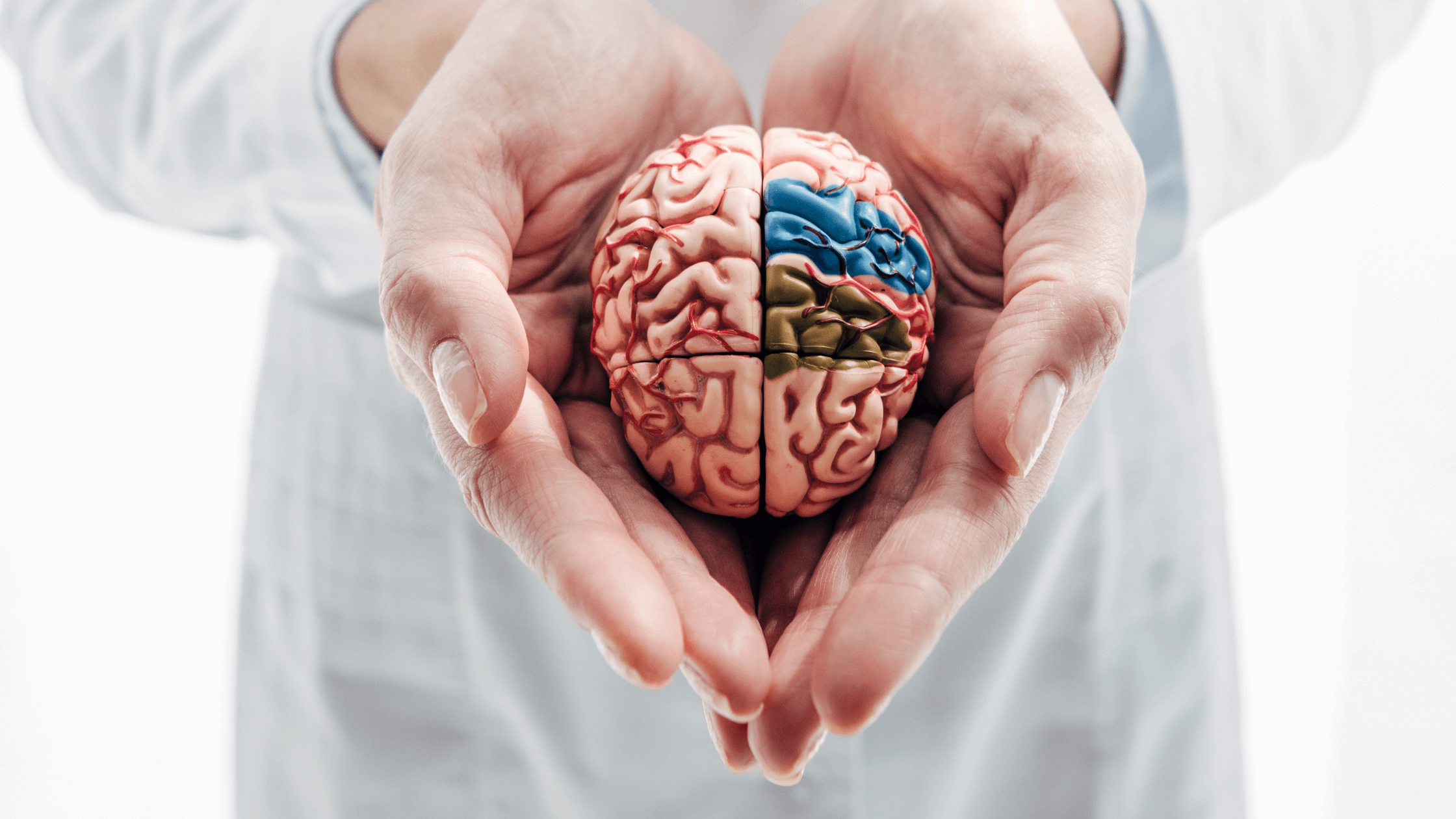When most people hear the term Dementia or Alzheimer’s, forgetfulness is the first thing that pops into their mind. But, unfortunately, that is all they know if they don’t have firsthand experience with any of the Dementia types.

What is Dementia?
Dementia is an umbrella term like the word cancer. Cancer is the general term, but it breaks down into different cancers, such as lung, kidney, and pancreas.
Dementia is the general term describing symptoms that cause loss of cognitive functioning, such as the ability to think, remember, or reason. Dementia breaks down into many different Dementia types, such as Alzheimer’s, Vascular, Lewy Body, or Frontotemporal dementia.

What does Dementia do to a person?
Dementia is not just about forgetting. It is so much more than that. Different Dementia Types may include any of the following
Cognitive Changes
- Forgetfulness
- Losing track of time
- Getting lost
- Difficulty with numbers
- Unable to manage money
- Difficulty with planning
- Difficulty reading
- Difficulty finding words
- Forgetting the names of objects
- Mixing up names of objects
- Forgetting people
- Increasing confusion
- Unable to recognize the danger
- Apathy – doesn’t care about anything
- Perception of time loss
- Unable to problem solve
- Unable to complete multi-tasks
- Decrease in attention span
- Judgment Difficulties
- Impulsive
Psychological
- Depression
- Anxiety
- Personality changes
- Paranoia
- Anger
- Agitation
- Frustration
- Hallucinations
- Delusions
- Behaviors
- Restlessness
- Sundowning
- Withdrawn
Physical
- Sleep issues
- Weakness
- Balance issues
- Falls
- Stiff muscles
- Feet shuffling
- Difficulty walking
- Jerky movements
- Loss of Bladder
- Loss of bowel
- Swallowing difficulties
- Vision changes
- Loss of fine motor skills
- Involuntary movements
- Unable to care for self
What are the Dementia types?
The five most common types of Dementia are Alzheimer’s, Vascular, Lewy Body/Parkinson’s, Frontotemporal, and mixed Dementia. However, it can be very challenging to determine which type of Dementia your loved one may have.
How to diagnose Dementia?
Many diseases and conditions can cause or lead to dementia. Your Healthcare provider can use imaging such as CT, MRI, or PET scans that may show some signs of Dementia and blood tests to help rule out other causes.
In addition, physicians have even begun checking spinal fluid to help determine if there are signs of some of the Dementia types in the fluid to get a concrete diagnosis.
But for many of the Dementia types, medical providers have to rely on their assessment skills and family’s input to determine if someone has Dementia and what Dementia type they may have.
But, unfortunately, this process can take several years. This is because most Dementias are slow-moving and develop over time. Eventually, the family and the doctor figure out what is happening. Unfortunately, many people don’t get diagnosed until they are in the middle stage.
How can family help diagnose dementia?
By learning about the different Dementia types and what to look for, you can help your healthcare provider identify Dementia earlier.
First, you will need to learn about the different types of Dementia. I have attached some videos to clarify the different Dementia types for you. These videos are all newer, short, and do a great job explaining the different Dementia Types.
Shelter of Calm:
Your Guide Through Dementia's Storm!
Is Dementia's chaos stealing your peace?
We're here to restore the calm, empowering you to confidently face each challenge.
Take the first step towards transformation now.

Alzheimer’s Dementia
Understanding Alzheimer’s Disease
vascular dementia
Understanding Vascular Dementia
Lewy Body / Parkinsons’s Dementia
Understanding Lewy Body & Parkinson’s Dementia
Frontotemporal Dementia
Understanding Frontotemporal Dementia
Mixed Dementia
Understanding Mixed Dementia
No two people with Dementia are the same.
The brain is affected in different ways by the different Dementia types. Therefore, how your loved one reacts will not be the same as someone else.
Personalities are diverse, and depending on which Dementia type and the areas of the brain are affected will determine how the disease affects them.
Many people over 75 with Dementia have more than one type of Dementia attacking their brain. The term for this is known as Mixed Dementia.
For example, someone may have Alzheimer’s slowly destroying their brain cells and also have Vascular Dementia blocking the blood supply to the brain. So they would have slow changes from Alzheimer’s with all of a sudden changes as Vascular Dementia blocks off blood flow to a particular area in the brain, causing that area to die.
Unfortunately, one in ten people with Dementia develops Mixed Dementia! Therefore, mixed Dementia is the number one reason caregivers need to learn about the main Dementia types.
If you think Alzheimer’s is the only Dementia present, you may mistake some actions as deliberate, manipulative, or mean when it is actually another type of Dementia showing itself.
How to become a better Dementia Partner
The first thing to remember is, Dementia is so much more than just forgetting.
If you are a Dementia partner, they are counting on you to help guide them through the stages of this disease, especially when they can no longer manage on their own. They trust you will protect them and keep them safe once they become vulnerable to the world.
You must take the time to learn about the five main Dementia types.
Once you understand the different Dementia types, you can overcome your fear of the unknown. Everyone fears the unknown. But developing a good understanding of the disease and what changes it will bring puts you back in control.
Learning what type of Dementia your loved one has helps you learn how to respond appropriately to problems. You develop compassion and patience. And ultimately, you become a better Dementia partner.
The Dementia Caregiver Blog Library
Activities, Advanced Directives, Agitation, Apathy, Approach, Apps for Caregivers, Basic Caregiving, Bathing, Bathroom Safety, Caregiver Burnout, Caregiver Compassion, Caregiver Emotions, Caregiver Help, Caregiver Loneliness, Caregiver Support, Cold & Flu Season, Communication Challenges, Dehydration, Dementia Complications, Dementia Doctors, Dementia Safety Home, Dementia Types, Dementia-Friendly, Dressing Issues, Driving Safety, Eating Problems, Fall Prevention, Family Help, Finances, Guns & Dementia, Harm Prevention, Healthcare, Help at Home, Hiding Dementia, Holidays, Hospice, Hospital Stay, In-Between Stage, Kitchen Safety, Laughter, Legal Healthcare, Marijuana use, Medication Tips, Music, Nutrition, Pain, Patience, Poop Problems, Relationships, Reminiscing, Routine, Safety, Sense of Purpose, Shadowing, Sleep Issues, Stages of Dementia, Sundowning, Television, Time Travel, Traveling, Toileting, Wandering
Exploring Caregiving Tools & Resources? Don't Forget to Check Out My Resource Page! 🌟

Hi, I’m Larea, a Certified Dementia Specialist and Registered Nurse with 30 years of hands-on experience helping dementia patients in various settings, from hospitals to nursing homes and hospice. Drawing on personal experiences with my family members and patients over the years, I’m here to help guide you on your caregiving journey.


0 Comments